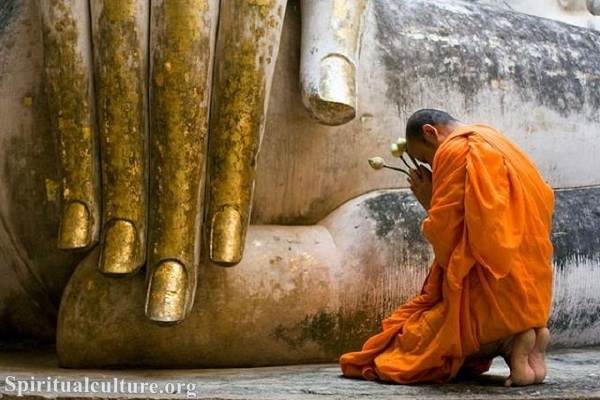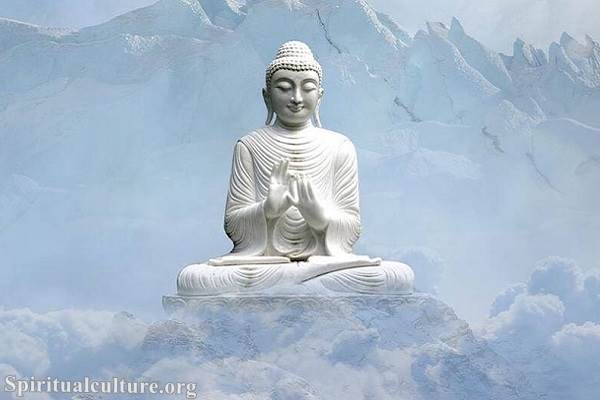In Buddhism, it is believed that all negative actions or thoughts (called “karma”) have consequences and that one’s actions can contribute to suffering or happiness in future lives. However, Buddhism’s concept of “unforgivable sins” does not exist. Instead, the focus is on understanding the causes of suffering and cultivating positive actions and thoughts to bring about a sense of well-being and peace.

Buddhism teaches that the path to ending suffering and achieving enlightenment involves developing compassion, understanding, and mindfulness and cultivating positive qualities such as generosity, kindness, and wisdom. Through mindfulness and meditation, it is believed that one can gain insight into the true nature of reality and the causes of suffering and work to overcome negative tendencies and cultivate positive ones.
It is also important to note that in Buddhism, there is no external authority, such as a deity or a priest, who can grant forgiveness for one’s actions. Instead, the process of seeking forgiveness and making amends is personal. The individual takes responsibility for their actions and works to make good any harm they may have caused.

